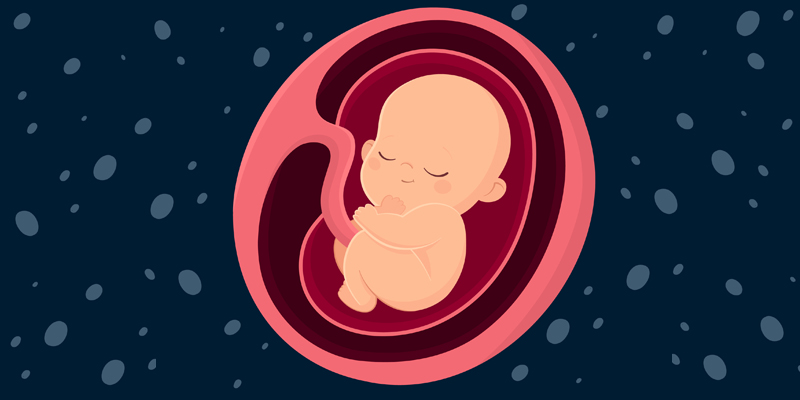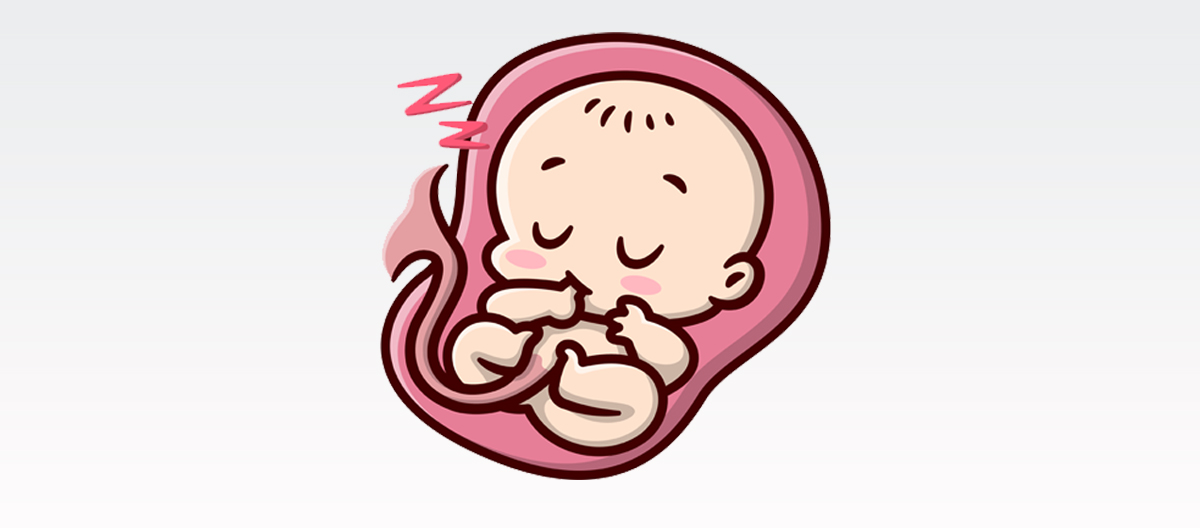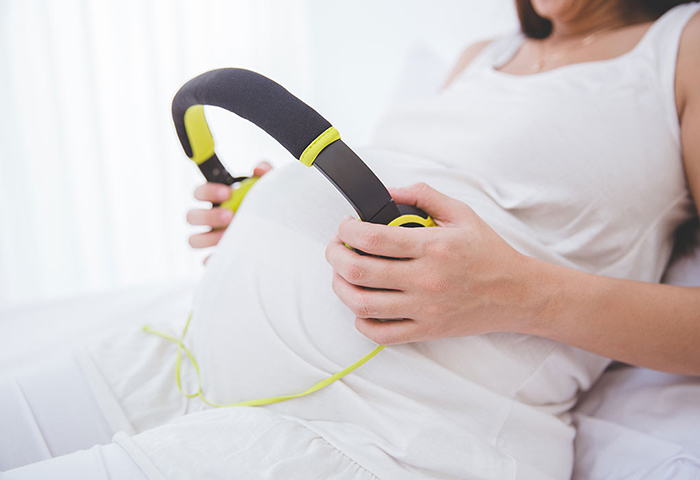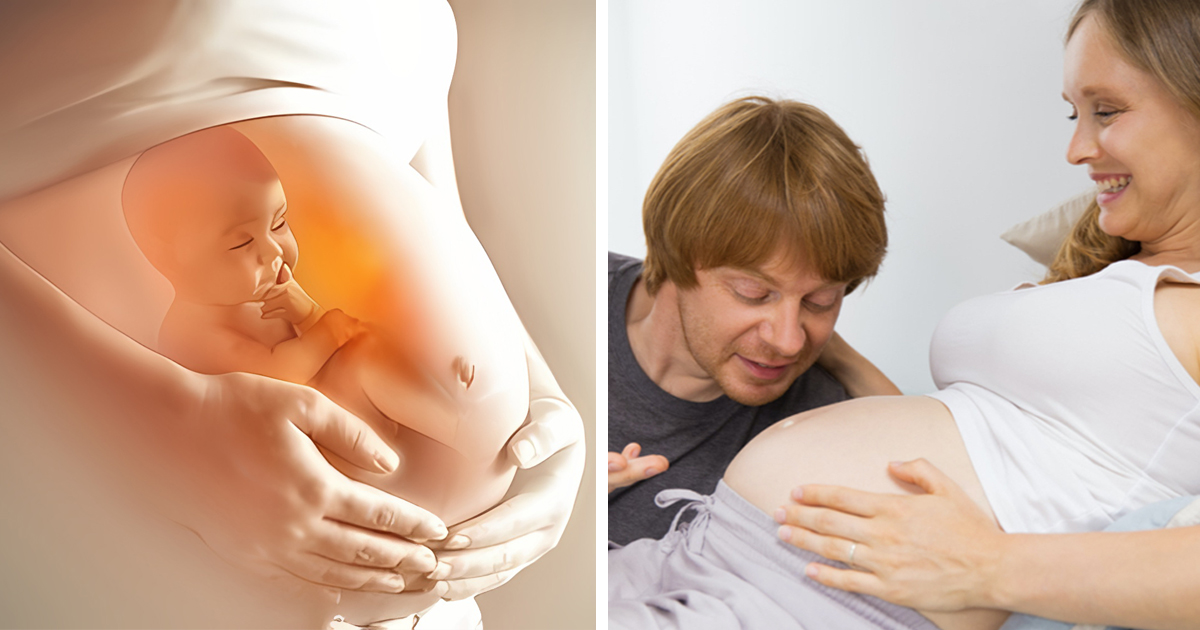One of the marvels of pregnancy is the gradual development of your baby’s senses even before they enter the world. While sight and touch take time to develop, hearing emerges surprisingly early in a baby’s journey within the womb. Understanding when and how this sense develops offers a fascinating glimpse into prenatal life and can deepen your connection with your growing child.
Early Beginnings: Weeks 16-18

The ability to hear starts to develop remarkably early in fetal development, typically around weeks 16 to 18 of pregnancy. At this stage, the tiny structures responsible for detecting sound begin to form in the baby’s ears. These structures include the cochlea, which plays a crucial role in transmitting sound signals to the brain, and the auditory nerve, which carries these signals for processing.
What Can Your Baby Hear?

While in the womb, your baby is exposed to a symphony of sounds from the outside world and within your body. They can perceive sounds such as your heartbeat, the gurgling of your digestive system, and even the whooshing sound of blood circulating through the placenta. These internal sounds provide a comforting backdrop that helps your baby acclimate to the world outside the womb.
External Sounds and Reactions: Weeks 24-28

As pregnancy progresses, your baby becomes more responsive to external sounds. By weeks 24 to 28, the cochlea is usually developed enough to transmit external noises into the amniotic fluid. This means that your baby can now hear sounds from the outside world more distinctly, such as your voice, music, and other environmental noises.
Bonding Through Sound
Research suggests that babies can recognize and respond to familiar sounds they’ve heard in the womb after birth. This recognition can include their mother’s voice, which they’ve been hearing since early in pregnancy. Talking, singing, and reading aloud to your baby during pregnancy not only stimulates their developing auditory system but also lays the groundwork for early bonding after birth.
The Role of Prenatal Music and Language

Many parents wonder about the benefits of playing music or speaking multiple languages during pregnancy. While definitive scientific conclusions are ongoing, some studies indicate that babies exposed to certain types of music in utero may show preferences for those sounds after birth. Similarly, exposure to different languages may familiarize babies with diverse linguistic patterns, potentially aiding in language acquisition later on.
Protecting Your Baby’s Hearing
While the womb provides a relatively protected environment, it’s essential to consider sound levels and exposure. Sudden loud noises or prolonged exposure to excessively loud sounds can startle or even stress your developing baby. Opting for moderate sound levels and avoiding prolonged exposure to very loud environments can help safeguard your baby’s delicate hearing.
Celebrating Milestones: Birth and Beyond
The ability to hear continues to mature after birth as your baby adjusts to the rich tapestry of sounds in the outside world. From the soothing lullabies that calm them to the gentle whispers that reassure, each sound plays a vital role in their early development and emotional well-being. As you embark on this journey with your newborn, cherish the moments when your voices intertwine, building upon the foundation laid during those precious months in the womb.
In conclusion, the ability to hear in the womb is a remarkable aspect of fetal development that begins surprisingly early. From the gentle cadence of your heartbeat to the melodies of your voice, each sound contributes to your baby’s sensory experience and early bonding. Embracing this journey of sound and connection enriches both your pregnancy experience and the developmental path awaiting your newborn.
Understanding when your baby can hear in the womb not only enhances your prenatal care but also fosters a deeper appreciation for the profound connections forming long before you meet face-to-face.

